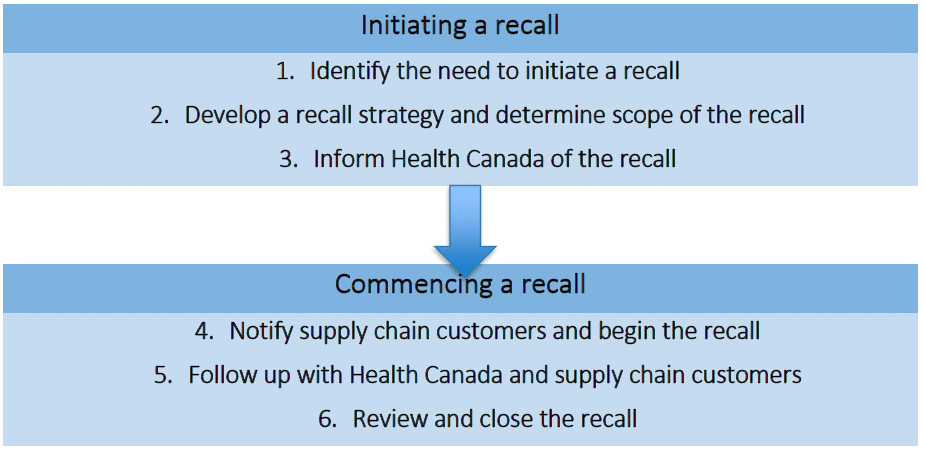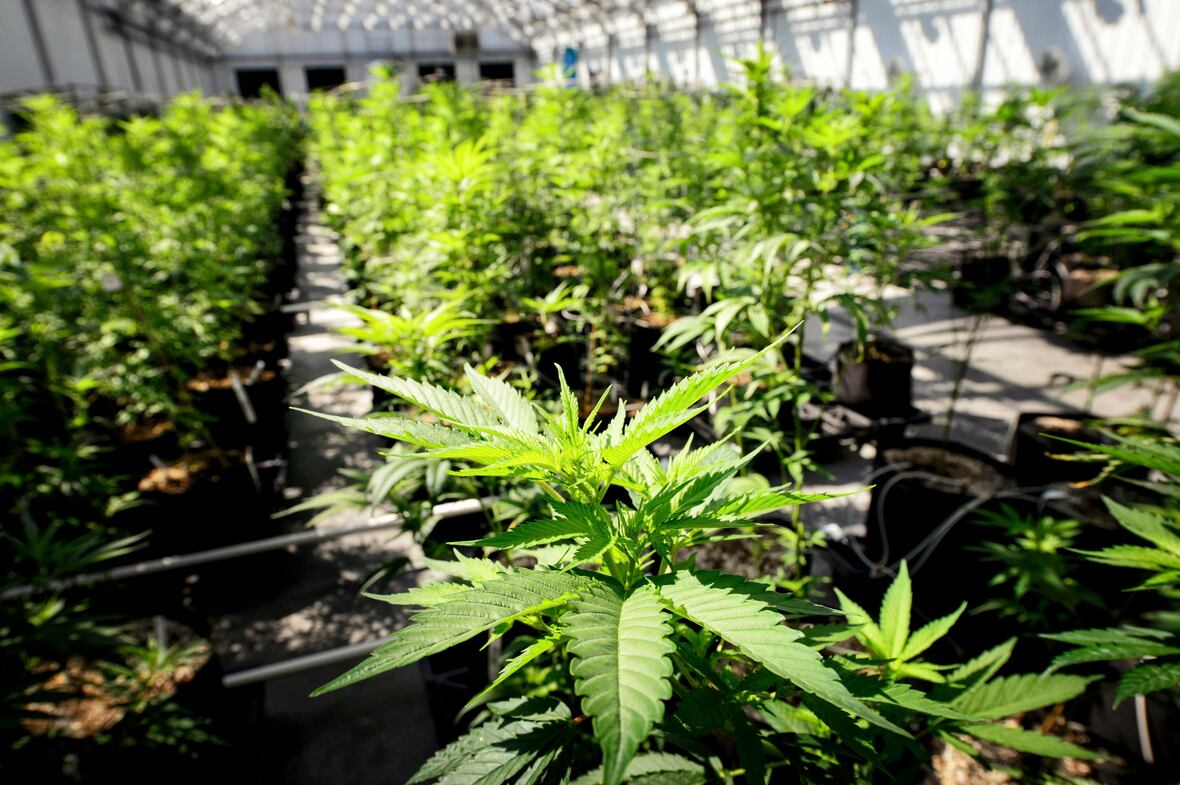With the cannabis industry rapidly growing and expanding, many companies are looking to enter the market and manufacture new and innovative cannabis products that will be available for recreational and medicinal use. While this all sounds exciting, there is great responsibility associated with being a cannabis licence holder and producing cannabis products for sale in Canada. Licence holders must constantly comply with the Cannabis Act and Regulations, which means their products must be produced safely and in accordance with the applicable quality standards.
However, sometimes, situations may arise where a particular lot or batch of product has skipped a crucial step or missed a particular detail, resulting in cannabis products that may present a health or safety risk to the public. In these situations, immediate action must taken by the licence holder to correct or remove the cannabis or cannabis product from sale and distribution, and to notify all affected supply chain customers and the public of a problem or potential problem with them. This is known as “conducting a recall”.
Generally, when something goes wrong or there is a health or safety risk to the public, the most readily identifiable licence holder is encouraged to take responsibility for initiating a recall. Typically, the most readily identifiable licence holder—known as the ‘recalling licence holder’ once the recall is initiated—is the licence holder who owns the product brand or whose information is listed on the label.
Under section 46(1) of the Cannabis Regulations, cannabis licence holders must establish and maintain a system of control that permits the rapid and complete recall of every lot or batch of cannabis that has been sold or distributed. This means that well-documented processes must be put in place and that all necessary documents must be retained.
To ensure an effective recall program is in place, all licence holders (licensed after October 17, 2019) are required to complete a recall simulation within 12 months of the date the licence was received.
A recall is intended to minimize the risk associated with a problem or potential problem with the cannabis or cannabis product by removing it from the supply chain and providing important health and safety information to the public.
During a recall, some of the typical actions to be taken by the recalling licence holder with regard to the affected cannabis or cannabis product include:
- Informing Health Canada
- Ceasing the production, distribution and sale of the cannabis or cannabis product
- Removing the cannabis or cannabis product from the supply chain
- Correcting or destroying the cannabis or cannabis product, if applicable
- Contacting affected supply chain customers to notify them to stop further distribution and sale of the cannabis or cannabis product
- Contacting affected consumers to advise against use of the cannabis or cannabis product, if applicable
- Providing instructions to supply chain customers and consumers on what to do with the cannabis or cannabis products remaining in possession
- Assessing the effectiveness of the recall
- Taking corrective measures to prevent the problem underlying the recall from recurring
The recall process has six steps and is divided into two main parts (Refer to the image below):

Health Canada assigns risk types to recalls based on the information provided in the notification received from the licence holder. The risk type is used to establish the timeline to commence the recall.
- Type I – There is a reasonable probability that the use of or exposure to the affected cannabis or cannabis product will cause serious adverse health consequences or death.
- Type II – The use of or exposure to the affected cannabis or cannabis product may cause temporary adverse health consequences, or the probability of serious adverse health consequences is remote.
- Type III – The use of, or exposure to, the affected cannabis or cannabis product is not likely to cause any adverse health consequences.
Health Canada documents and monitors recalls, provides guidance to licence holders, and verifies compliance (e.g., request for information or inspection) with the recall requirements of the Cannabis Regulations. In addition, Health Canada posts recall notices on its Recalls and Safety Alerts website.
The recall process requires a final review to determine if it is ready to be closed. A recall can only be closed once it has been completed, meaning that all notifications and follow-up actions have been completed and the problem or potential problem has been effectively addressed. A qualified person or group must do a final review to ensure the recall file contains the necessary documentation related to all recall actions that were taken. The steps required to review and close recalls are:
- Completing a final review of all recall actions
- Submitting a final report to Health Canada
- Closing the recall
- Completing and maintaining final documentation
It’s important to remember that a recall is a collaborative process! Everyone, including the recalling licence holder and supply chain customers, need to work together quickly and efficiently to ensure the recall is conducted effectively. The recalling licence holder and supply chain customers need to:
- Understand their own roles and responsibilities
- Define and document their expectations with other parties in the supply chain
- Communicate and share recall information in a timely fashion
- Maintain effective documentation and records with respect to distribution, inventory and sale
We hope this article has provided you with an understanding of voluntary recalls in the cannabis industry. Compliance, as well as the health and safety of the public, is always the number one priority, so it’s important that your team knows the ins and outs of recalls should you decide to enter the cannabis market. Contact us today to learn more and discover how we can license and legalize your cannabis business to meet federal or provincial regulations.
How we can help you
At Cannabis License Experts, we provide you with the guidance to plan your cannabis business, acquire funding, navigate the legal requirements, and acquire the appropriate licence for your operations. As the Canadian cannabis industry develops, more and more licensed producers will be needed to meet the demands of consumers.
Cannabis License Experts offers support from day one of starting your cannabis business, including strategic planning, floor plan preparation, site audits, SOPs, Preventive Control Plans (PCPs) and more.
Our Edibles Compliance division can provide you with a solid plan for your edibles business to help get your products on store shelves.


